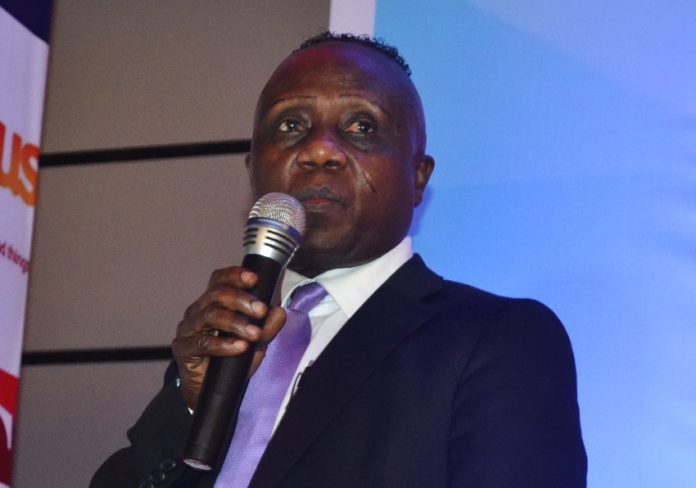The Director of Research at the Institute of Economic Affairs (IEA) Dr John Kwakye has wondered whether Ghana needs the capital markets to deal with its financial issues.
In his view, the country does not need the capital market because with the right leaders in place, the country can generate enough from its natural resources.
Dr Kwakye tweeted “We have more than enough natural resource wealth. We only need leaders who will exploit it for our benefit and not give it away to so-called foreign investors.
“We are sitting on trillions of dollars of natural resource wealth, but we are in Washington begging for $3bn over 3 years. Paul Kagame is right in saying that ‘there must be something wrong with our minds,’.”
We are sitting on trillions of dollars of natural resource wealth, but we are in Washington begging for $3bn over 3 years. Paul Kagame is right in saying that "there must be something wrong with our minds."
— J. K. Kwakye (@JohnKwabenaKwa1) April 21, 2023
He was commenting on a statement by the Finance Minister Ken Ofori-Atta that it may take at least three or more years for Ghana to access the international capital market.
Mr Ofori-Atta explained that, although this new development may look like a challenge, it presents the country with a viable opportunity to attain its self-sufficiency agenda.
“In terms of returning to the international capital market, I suspect it will take some two-three years or so if not more for us to get back to it. I think in the interim we should be able to generate local resources to do that. But I think what is also significant about the programme if you look at the Ghana Cares programme it is our policy to be self-sufficient in poultry, rice, tomatoes etc. which we’ve begun to do so that will reduce your foreign exchange demands and actually hopefully begin to export those products,” Ken Ofori-Atta made this known in an engagement with the media on the sideline of the International Monetary Fund (IMF) Spring meeting in Washington DC.
It is recalled that during the COVID-19 pandemic, Ghana’s public debt increased significantly.
This resulted in credit rating downgrades, the exit of non-resident investors from the domestic bond market, and ultimately Ghana’s loss of access to international capital markets.
The impacts were further escalated by price and supply-chain shocks from Russia’s invasion of Ukraine, have led to a large exchange rate depreciation, a surge in inflation, and pressure on foreign exchange reserves.
On December 19, 2022, faced with major economic, financial, and social pressures Ghana’s Ministry of Finance declared a moratorium on debt service payments under certain categories of its external debt, such as Eurobonds.
Soon after, it restructured the bulk of its domestic debt and requested debt treatment under the G20 Common Framework.


